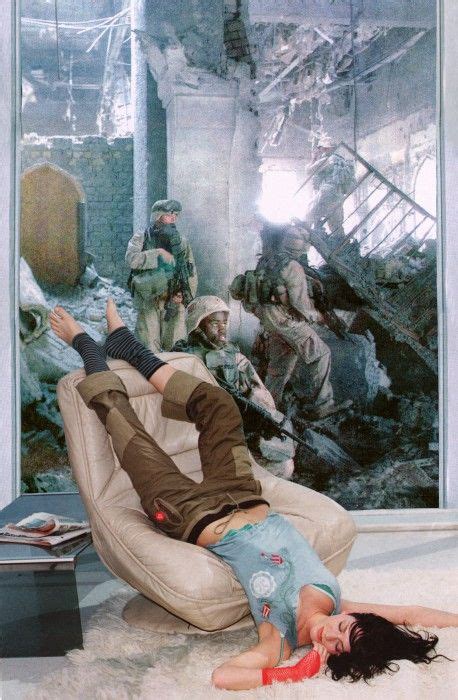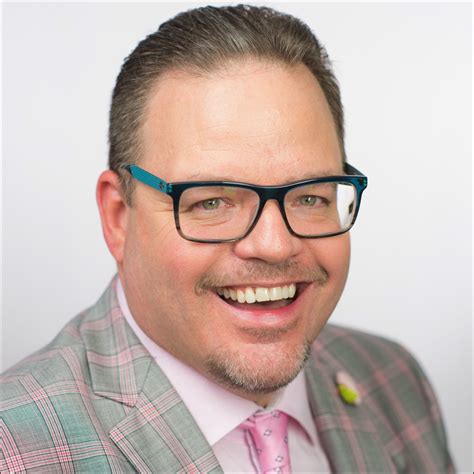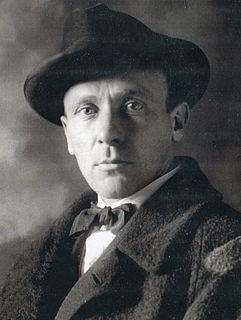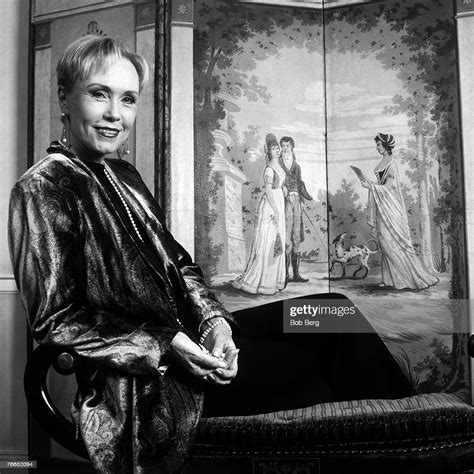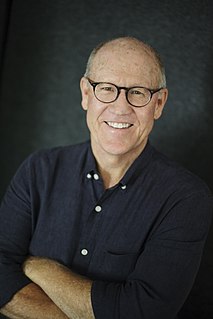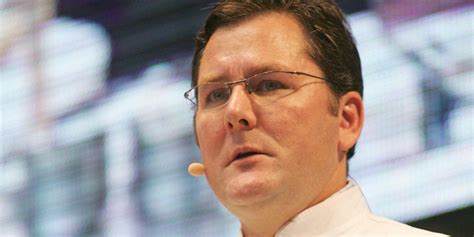A Quote by Martha Rosler
The question at hand is the danger posed to truth by computer-manipulated photographic imagery. How do we approach this question in a period in which the veracity of even the straight, unmanipulated photograph has been under attack for a couple of decades.
Related Quotes
Because everybody who has ever lost their way in life has felt the nagging insistence of that question. At some point we all look up and realize we are lost in a maze, and I dont want us to forget Alaska, and I don't want to forget that even when the material we study seems boring, we're trying to und3erstand how people answered that question and the question each of you posed in your papers--how different traditions have come to terms with what Chip, in his final, called 'people's rotten lots in life.
Researchers have been asking a basic question of young people. Should men be allowed to beat their wives? How you answer that question may depend on where you live. U.N. researchers put that question to adolescent girls in India and Pakistan and 53 percent - a majority of girls - said yes, wife beating is justifiable even if it's for refusing sex.
The tongue can conceal the truth, but the eyes never! You're asked an unexpected question, you don't even flinch, it takes just a second to get yourself under control, you know just what you have to say to hide the truth, and you speak very convincingly, and nothing in your face twitches to give you away. But the truth, alas, has been disturbed by the question, and it rises up from the depths of your soul to flicker in your eyes and all is lost.
Do women dress for men or women? I’ve always wondered why that eternally provocative question is put in terms of approval - as if the heart of the matter, the answer, were indeed a question of approval by either sex. But the question is never satisfactorily answered because it is incorrectly posed. It’s disapproval, the fear of it, that motivates most women, and with disapproval it doesn’t matter where it comes from.
Because of my experience in Occupy, instead of asking the question, "Who will benefit from this system I'm implementing with the data?" I started to ask the question, "What will happen to the most vulnerable?" Or "Who is going to lose under this system? How will this affect the worst-off person?" Which is a very different question from "How does this improve certain people's lives?"
